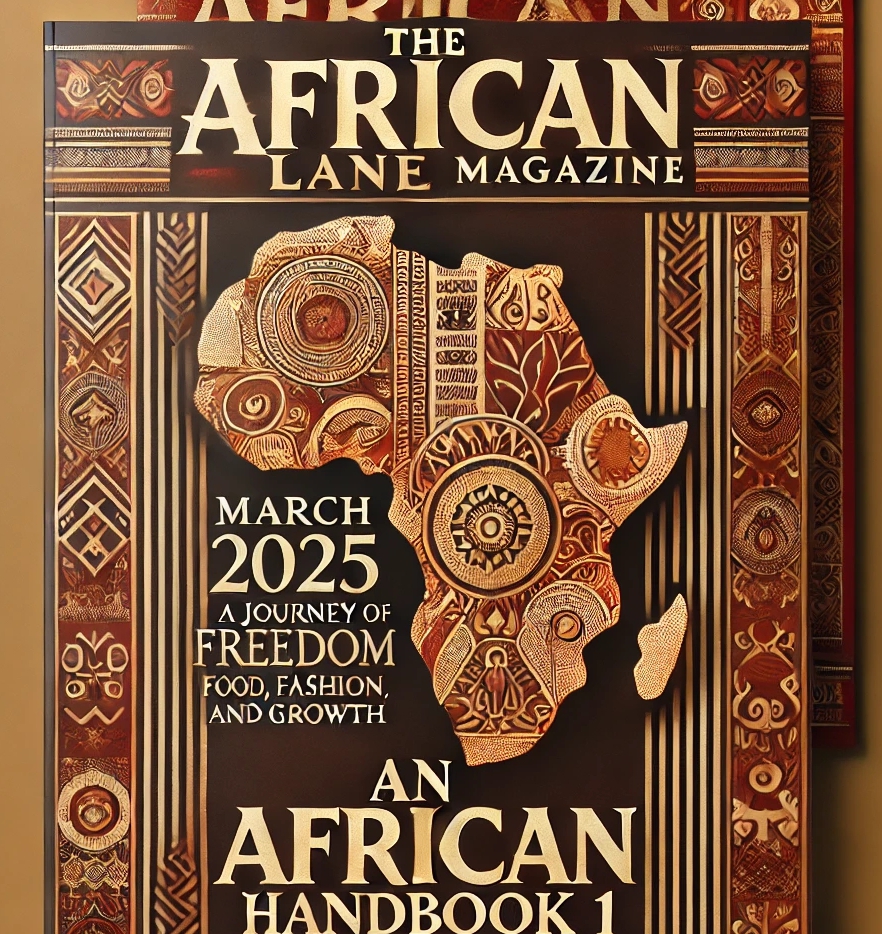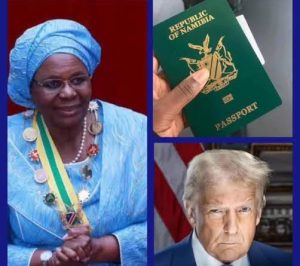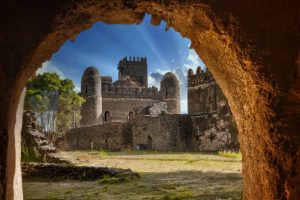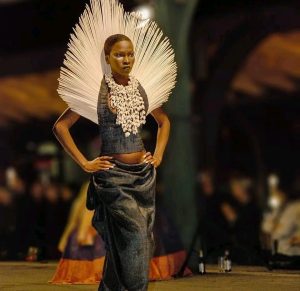Why Ethiopians, Eritreans and others celebrate Christmas on January 7?
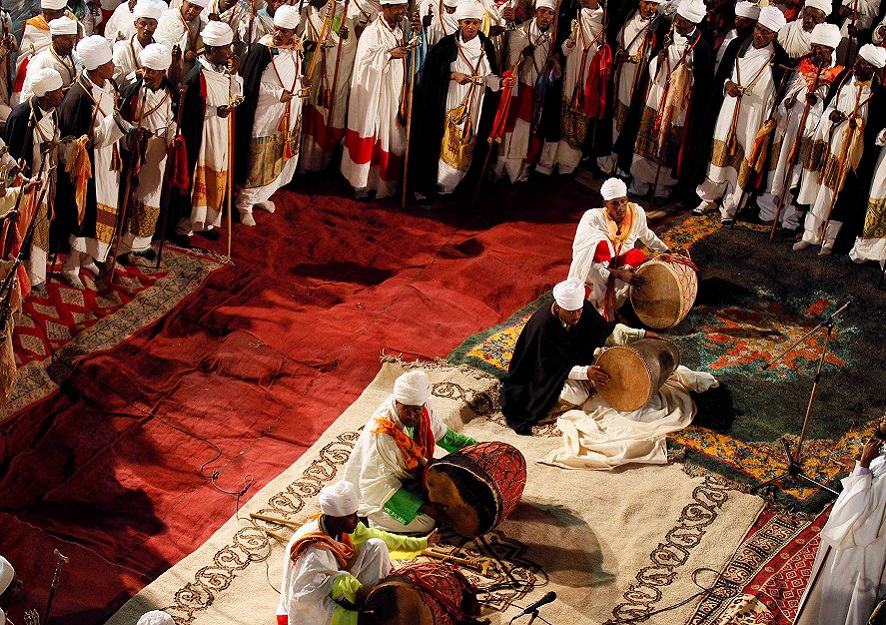
Unlike the rest of the world that celebrate Christmas on December 25, Ethiopians, Eritreans and other Coptic Christians celebrates theirs on January 7th of the year.

From November 25 on the Gregorian Calendar, Coptic Christians observe ‘The Holy Nativity Fast’ or ‘Fast of the Prophets’ (Tsome Nebiyat in Ethiopia) which ends on January 6 — Christmas Eve. During this period, they only eat a vegan and avoid eating foods containing chicken, beef, milk and eggs. According to them, the fast of Advent cleanses the body and soul in preparation for the day of the birth of Christ.
On Christmas Eve, churches hold a special service at night which ends after midnight. Immediately after, the Christmas celebrations begin with a feast and parties but not without people gathering in churches for mass at 6:00 am on Christmas Day.
Genna or Christmas in Ethiopia is observed by Christians across the country, but usually, the most important celebrations occur in the historic city of Lalibela known for its churches cut into the rock.
“There, crowds of up to 100,000 pilgrims flock to watch immaculately dressed Orthodox clergy perform the woreb lining the steep ledges surrounding the famous rock-hewn churches carved over 800 years ago. Accompanied by a slowly building tempo of traditional church drums, metallic sistrum and pilgrims’ clapping, they lead the crowd in an intensely moving musical performance about the birth of Jesus Christ,” The Ethiopian Herald writes.
There is also the procession of the Tabot; Christians follow the procession with lighted candles.
Around the time of Genna, the boys play a game that is called ganna. It’s played with a curved stick and a round wooden ball, a bit like hockey while the men play a sport called yeferas guks. It’s played on horseback and the men throw ceremonial lances at each other.
Around the time of Genna, the boys play a game that is called ganna. It’s played with a curved stick and a round wooden ball, a bit like hockey while the men play a sport called yeferas guks. It’s played on horseback and the men throw ceremonial lances at each other.

For Ganna, people get dressed in white. Most people wear a traditional garment called a Netela. It’s a thin white cotton piece of cloth with brightly colored stripes across the ends. It’s worn like a shawl. If you live in a big town or city you might wear ‘western’ clothes. People go to church mass on Christmas Eve locally referred to as the gahad of Christmas at 6.00pm and the service finishes about 3.00am on Christmas Day.

The celebration of Genna is uniquely marked in the rock-hewn churches of Lalibela.
Traditional Christmas foods in Ethiopia include ‘wat’ which is a thick and spicy stew that contains meat, vegetables and sometimes eggs. Wat is eaten on a plate of ‘injera’ – a flat bread. Pieces of the injera are used as an edible spoon to scoop up the wat.

Full bowl of WAT
Genna is a more reflective celebration, it’s more a time for going to church, eating and playing games.
Twelve days after Genna, on 19th January, Ethiopians start the three day celebration of Timkat. It celebrates the baptism of Jesus.
Ethiopian Christmas events are similar in neighboring Eritrea which also has a large Coptic Christian population. The main churches in Eritrea are the Eastern Orthodox Church, the Eritrean Catholic Church and the Evangelical Lutheran Church. Apart from Eritrean Christians also taking part in the special fast, they also go to a church service for Christmas.
In the Eritrean Orthodox Tewahedo Church, church members dress in the traditional white outfits, with men often sitting on one side of the aisle and women on the other. The priest is usually in his gold robe and is seen with five helpers with white veils wrapped around their shoulders. The service consists of liturgy and listening to Bible verses in Geez — the traditional language used in the Eritrean Orthodox Tewahedo Church.
After church, everyone goes back home to feast. Injera — flatbread — is usually served. Although Christmas appears different for Coptic Christians, the focus is almost the same — to celebrate the birth of Christ who came to free people from sin.
Sources: face2face Africa and Talk Africana
